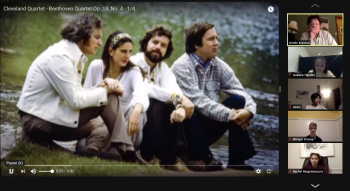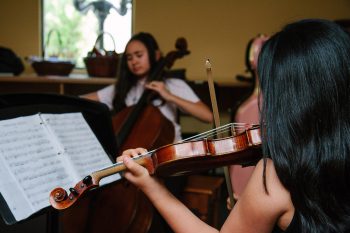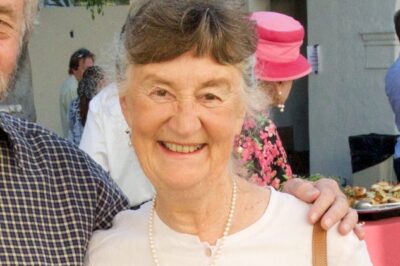PCM Artist-Teacher Aimée Kreston to Helm Chamber Music Department

Over the past ten years, and under the direction of Artist-Teacher Andrew Cook (cello), the Chamber Music Department has gained a reputation as a program that trains young chamber musicians at the highest levels.
In 2017, we introduced the PCM Chamber Music Competition, challenging students to strive for excellence in the performance of chamber music. It quickly earned a reputation as a premier pre-collegiate chamber competition (the only one of its caliber on the West Coast) and attracted students from across the country.
Since 2013, the department has also offered the Chamber Music Intensive, a one-week summer program founded by Artist-Teacher Aimée Kreston (violin).
Ready for a break, Mr. Cook recently decided to pass the Chamber Music baton to Ms. Kreston. Now, under her direction the Chamber Music Department continues to pursue its reputation for excellence and innovation, despite this being a particularly difficult time for collaborative music making. When reimagining what chamber music might look like during the pandemic, Ms. Kreston thought about ways to optimize the learning experience, given the constraints imposed by Covid-19.
“I didn’t want to try to replicate in-person chamber music playing online – it’s just not possible. I started thinking about what we could do in a virtual format and realized there are many things we can reliably teach online: notes, rhythms, bowings, fingerings, intonation, dynamics, tempi, and more. What we can’t teach is ensemble playing, matching sound, vibrato, and color, or communication with others. Essentially, we can’t practice any of our group technique.”

In a typical year, ensembles are formed in the fall, paired with a coach, coached weekly, and often rehearse several times a week. They select repertoire to study throughout the year, generally one or two multi-movement chamber pieces. This year, students have been placed in “pods” with students and a coach of the same instrument and, over the course of the year, will learn all six(!) Beethoven Opus 18 String Quartets – one quartet every six weeks.
“I decided to focus on learning exactly what we can teach online – repertoire. We can teach students lots and lots of music, so that once we are back in person, we have laid all of the ground work. Students will be more than ready to dive into the nitty-gritty of ensemble work.”
For the first four weeks of studying each quartet, students will meet in their pods online to learn their instrument part – fingerings, bowings, rhythms, dynamics, tempi, etc. Weeks five and six include coachings in formed ensembles, hopefully using new technology that has shown success in overcoming latency issues experienced with other platforms like Zoom. “My goal is for students to have a good working knowledge of all 24 movements of Beethoven’s Opus 18, so that when they eventually sit down for their first rehearsal, they are well-prepared.”
The experience of playing chamber music and getting to know and understand your fellow musicians is truly unique. “From a pedagogical standpoint, I love how chamber music facilitates growth, and I love how much the students enjoy playing together. It typically is their most favorite musical activity, and, all the while, they are learning about autonomy, communication, leadership, and compromise.”
We asked Ms. Kreston what she is most looking forward to as the new Department Chair – “Getting back together!”



